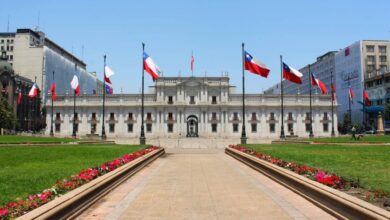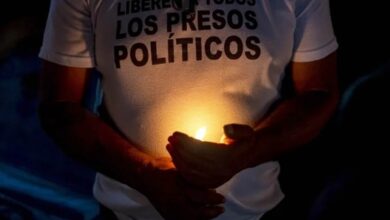Argentina: why was the Law of the Wood repealed?

The repeal of this law allows exporting wood for the production of pulp paste with serious damage to the rivers and the ecosystem of the region
The Chamber of Deputies of the province of Entre Rios in Argentina repealed the law that impedes the sale of boules of wood, popularly known as “Law of the Wood”, promulgated in March 2007 during the conflict with Uruguay by the installation of the Pastera UPM (ex Botnia) in Fray Bentos.
The initiative was promoted by Governor Gustavo Bordert, who said that with this rule “Entre Rios lost the possibility of planting eucalyptus and recovering an important role within the provincial and national productive matrix”. Bordert acknowledged that the new standard was claimed by the various forest chambers, including the powerful Argentine Forestry Association (AFOA) and clarified that from his government “we are the most interested in conserving natural resources”. In defending the need to repeal the law, he branded the existence of this prohibiton as a “countersense”, because as president “fight to open citrus exports to the United States and Brazil, and on the other hand has an article that prohibits Exports”.
The law of wood prohibited “the sale and/or departure of boules and chips destined for export as raw material for companies that manufacture cellulosic pasta that generate polluting waste, and injures the rights of Entrerriano citizens enshrined in the Articles 41 of the National Constitution and 5 of the Provincial Constitution”. “It was in full conflict over the Pastenas and was tailored to the demand of Gualeguaychú environmentalists at a special moment (…) but then the two countries underwent the Hague Tribunal and there was an award. We may like it or not, but it cannot go unrecognized” remarked Governor Bordt.
The repeal took place in the framework of a new pasture in the Eastern Republic of Uruguay and now the province allows exporting entre wood for the production of cellulose pulp, which causes serious damage to rivers and the environment of the region. The assemblyman of Gualeguaychú Juan Veronesi expressed that in the assembly they are “bewildered” by this determination, and attributed the repeal “to a large negotiated with the corporations that are on this, like the Argentine Forestry Association (AFOA)”. Veronesi criticized that “the reasons are not valid, nor are those of Etchevehere with their regrettable saying” referring to the statements of the Minister of Agribusiness, the Entrerriano Luis Miguel Etchevehere who said that the country imports paper that “could quietly be produced here”, which left open the possibility of promoting the installation of pulp mills in Entre Rios.
The repeal, supported by the majority of the lower house, counted with the opposition of eight legislators who expressed that this measure implies a clear setback in environmental matter, because it is stimulated indirectly an activity that pollutes and generates large harm to the environment and the health of people. The export ban from boules to the Eastern Republic of Uruguay was one more milestone in the struggle of the people of Gualeguaychú and that the massive and unprecedented social mobilization aroused the collective consciousness of many towns in the province and the rest of the country, generating a high level of mobilization and citizen participation, to the extent that the city is known by it and today is a mirror of combativeness to specific cases of pollution that arise in other cities.
Latin American Post | Diana Ramos
Copy edited by Laura Rocha Rueda





